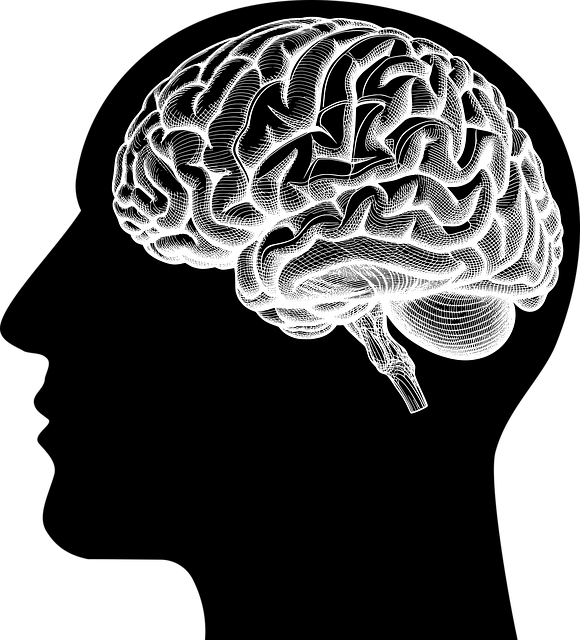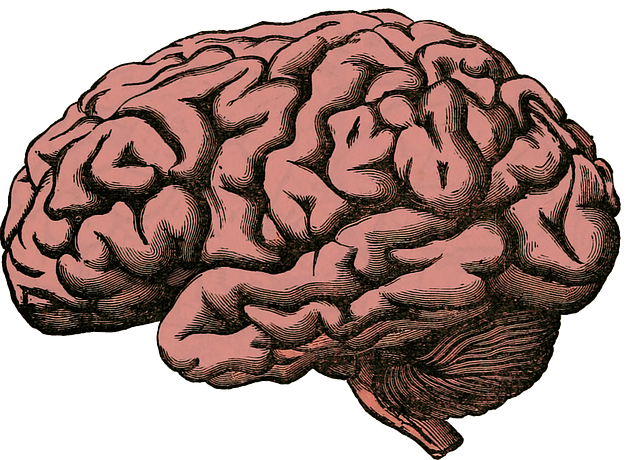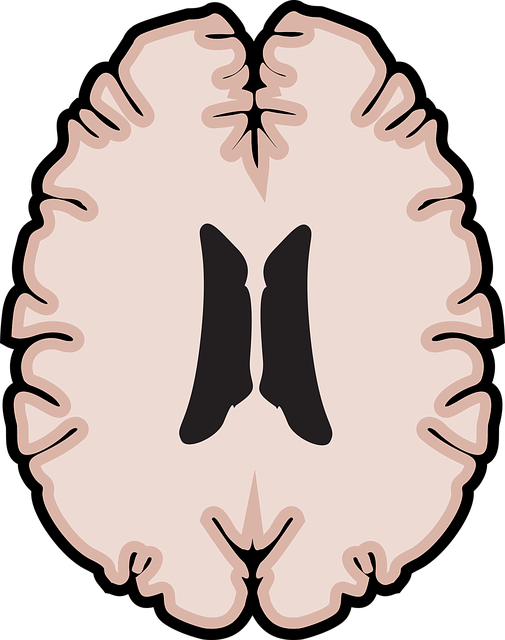Colorado Springs' diverse population presents unique challenges and opportunities for adolescent therapy, requiring mental healthcare providers to be culturally sensitive. Therapists must understand and respect various traditions, languages, and perspectives to offer effective care, adapt practices with self-care routines and compassion cultivation, and create an inclusive environment. Using tailored techniques like Mindfulness Meditation, therapists can improve treatment adherence and outcomes while addressing unique stressors and promoting healthy coping mechanisms within each teen's cultural context. Colorado Springs Adolescent and Teen Therapy employs comprehensive approaches, focusing on Compassion Cultivation Practices, effective communication, and therapist self-care to ensure every young person receives support aligned with their distinct cultural needs.
In the diverse community of Colorado Springs, understanding cultural sensitivity is paramount in mental healthcare. This article explores how cultural diversity shapes the landscape of adolescent therapy, delving into specific strategies for practitioners aiming to provide responsive care. By examining the unique needs of Colorado Springs’ adolescents from various backgrounds, we highlight the impact of sensitivity on treatment outcomes. Discover practical approaches to foster inclusive environments, ensuring effective therapy for all teens seeking support in this vibrant city.
- Understanding Cultural Diversity in Colorado Springs Community
- Sensitivity and Its Impact on Adolescent Therapy
- Practical Strategies for Culturally Responsive Practice
Understanding Cultural Diversity in Colorado Springs Community

Colorado Springs, a vibrant community nestled in the heart of Colorado, boasts a diverse population with rich cultural backgrounds. This cultural tapestry is particularly notable when it comes to adolescent and teen therapy needs. Understanding this diversity is crucial for mental healthcare providers aiming to offer effective services in this region. The city’s landscape is dotted with various ethnic enclaves, each contributing its unique traditions, languages, and perspectives, which significantly influence the mental health experiences of young individuals.
Mental health awareness among these diverse communities varies, and what works in one setting might not be applicable elsewhere. For instance, some cultural groups prioritize collective support systems over individual therapy, while others may have specific beliefs about mental illness that shape their help-seeking behaviors. Therefore, therapists in Colorado Springs adolescent and teen therapy settings must cultivate compassion and adaptability, incorporating practices like self-care routine development for better mental health and compassion cultivation to bridge these cultural gaps. By doing so, they can create a more inclusive environment, ensuring that every teenager receives the culturally sensitive care they deserve.
Sensitivity and Its Impact on Adolescent Therapy

In the realm of mental healthcare, cultural sensitivity is a cornerstone of effective treatment, especially when working with adolescents. Colorado Springs Adolescent and Teen Therapy practices that prioritize sensitivity can significantly impact young clients’ therapeutic journeys. Sensitivity, in this context, involves understanding and respecting an adolescent’s cultural background, experiences, and beliefs, which are integral to their mental health and healing process. By fostering an environment free from stigma and judgment, therapists create a safe space for teens to open up about their struggles, fears, and aspirations.
This approach goes beyond mere tolerance; it entails actively incorporating the patient’s cultural context into therapy sessions. Empathy building strategies, such as Mindfulness Meditation, can be tailored to address unique stressors and promote healthy coping mechanisms within the adolescent’s cultural framework. Research indicates that when therapists demonstrate genuine interest in their patients’ lives and customs, treatment adherence improves, leading to better outcomes for teens navigating stress management and personal challenges.
Practical Strategies for Culturally Responsive Practice

Incorporating cultural sensitivity into mental healthcare requires a multifaceted approach that goes beyond awareness. At Colorado Springs Adolescent and Teen Therapy, we advocate for practical strategies like Compassion Cultivation Practices to foster understanding and empathy. Encouraging therapists to explore their own biases and cultural assumptions creates a safe space for adolescents from diverse backgrounds to express themselves openly. This involves active listening, where providers pay close attention to patients’ narratives, validating their experiences, and refraining from making assumptions based on cultural stereotypes.
Effective Communication Strategies are paramount. Therapists should use inclusive language that respects individuals’ identities and backgrounds. This may include learning about the patient’s cultural customs, traditions, and values, and adapting therapeutic techniques accordingly. By integrating these practices, Colorado Springs Adolescent and Teen Therapy ensures that every adolescent receives care tailored to their unique cultural needs, fostering a sense of belonging and trust. Moreover, Self-Care Practices for therapists are essential to maintain the compassion and cultural awareness needed to support young people from varied cultural backgrounds effectively.
In the diverse community of Colorado Springs, cultural sensitivity is a cornerstone of effective adolescent and teen therapy. By understanding the rich tapestry of cultural diversity that exists within the city, mental health professionals can create more inclusive and responsive environments for young people from various backgrounds. This article has explored strategies to enhance cultural sensitivity, demonstrating their significant impact on improving access and outcomes in Colorado Springs adolescent and teen therapy. Embracing these practices ensures that every youth receives care tailored to their unique needs, fostering healthier and more resilient individuals.














